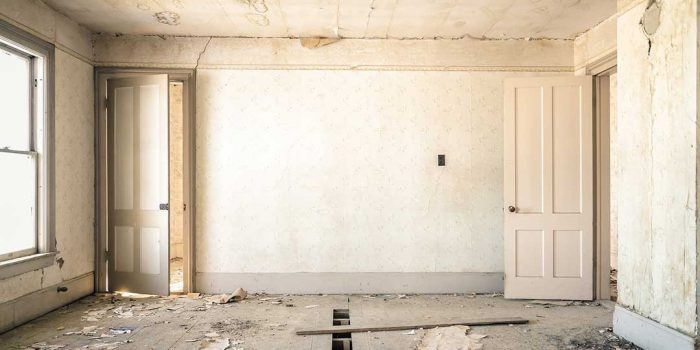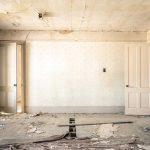The fitness for human habitation act (AKA the Karen Buck Bill) came into force on 20th of March 2019, which is an amendment to the Landlord and Tenant Act of 1985.
The act requires that any property let by a landlord (private or social) must remain in a state fit for habitation when a tenancy is granted and remains so for its duration.
This act is in place to help protect tenants against negligent landlords, and gives tenants the power to sue their landlords if they are not in compliance with the regulations. The Act covers all tenancies less than seven years in length in both the social and private rented sectors.
What does fit for human habitation mean?
The landlord of a qualifying dwelling is required to ensure that the house is “reasonably suitable for occupation” in respect of the following nine matters:
- repair,
- stability,
- freedom from damp,
- internal arrangement,
- natural lighting,
- ventilation,
- water supply,
- drainage and sanitary conveniences,
- facilities for preparation and cooking of food and for the disposal of waste water;
and the house shall be regarded as unfit for human habitation if, and only if, it is so far defective in one or more of those matters that it is not reasonably suitable for occupation in that condition.
How can landlords comply with the Fitness for Human Habitation Act?
Landlords who haven’t inspected their rental properties for a while – perhaps because they’re using a managing agent – may find it worthwhile visiting their properties and checking that everything is in order.
Courts will have the authority to order landlords to carry out repairs and they will be able to award damages to tenants.
Are there any exceptions?
Your landlord is responsible for fixing a lot of problems in your home. However, there are some exceptions:
- Problems caused by tenant behaviour
- Events like fires, storms and floods which are completely beyond the landlord’s control (sometimes called ‘acts of God’)
- The landlord will not repair your possessions or furniture belonging to previous tenants
- If the landlord hasn’t been able to get permission from certain other people.
Guide for landlords
https://www.gov.uk/government/publications/homes-fitness-for-human-habitation-act-2018/guide-for-landlords-homes-fitness-for-human-habitation-act-2018
Guide for tenants
https://www.gov.uk/government/publications/homes-fitness-for-human-habitation-act-2018/guide-for-tenants-homes-fitness-for-human-habitation-act-2018
If you would like to know more, or just have a few questions how this may effect you. Call our residential letting agent expert Nicola Bremner (MARLA) on 01252 622550






